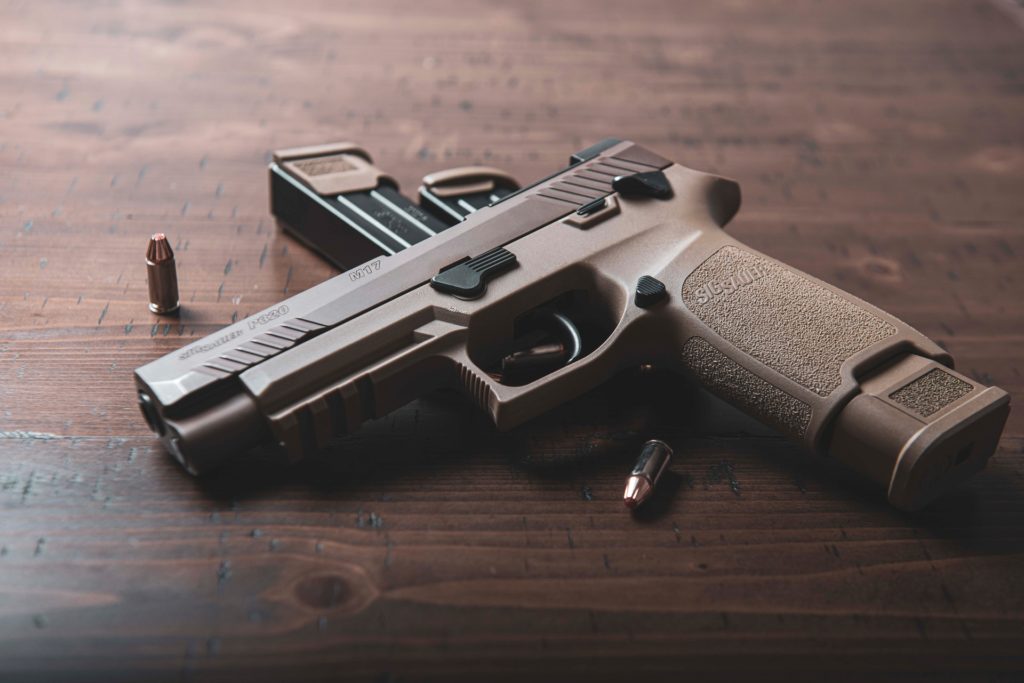In the United States, it is legal to possess a firearm under the Second Amendment of the Constitution. Although guns are legal, some safety laws have been put in place.
If you are thinking about purchasing a gun because of personal protection concerns or for sport like hunting or shooting competitions, it is important tha you are aware of all the gun laws that apply to you. Laws may vary based on what state you live in.
- The Minimum Age for Obtaining A Gun
According to the Gun Control Act of 1968, a legal resident should be 18 years or older to purchase a rifle or shotgun. To buy a handgun, you should be above 21 years of age. Some of the state officials may enforce a higher age restriction. However, they are not allowed to lower age restrictions.
- Are Firearms Regulated by the State or Federal Government?
The Second Amendment allows people to own firearms. The state or federal government is tasked with regulating whether people can carry their firearms in public places. The Gun Control Act is administered by the ATF- one of the divisions in the department of justice. The National Firearms Act of 1934 usually regulates machine guns, shotguns, silencers, and rifles. In most states, it is legal to purchase semi-automatic weapons.
- Who is restricted from possessing and acquiring firearms?
If a person has ever been admitted to a mental institution involuntarily, they are not allowed to own firearms. Also, fugitives should not own firearms since they pose a threat to the community. The federal law has also prohibited people who have been found with illegal possession of uncontrolled substances from owning firearms. Some of the uncontrolled substances include cocaine and marijuana. Although marijuana is currently legal in some states, it is still illegal under federal law.
If a court has issued a restraining order against you, you’re not supposed to own a firearm since you may pose a threat to the community at large. For instance, you may threaten potential witnesses. Other people who are also not supposed to own firearms include individuals who have been discharged from the military dishonorably, people who have visited the United States using non-immigrant visas, and unauthorized migrants.
- Is a Background Check Carried Out When Purchasing a Firearm?
According to the Gun Control Act that was passed in 1968, a background check must be carried out when purchasing a firearm. First, the individual purchasing the firearm should fill the ATF 4473 federal form. The form helps to check whether the person purchasing the gun has ever been convicted.
Some states usually rely on the NICS (National Instant Criminal Background Check System). The background check is carried out online or via a phone call, and it takes roughly 10 minutes. The results of the background check are either denied or approved. Denial means that further research has to be carried out, and it may take up to three business days.
- Are Permits Required When Purchasing Firearms in Different States?
You may require a permit when purchasing a handgun in 12 out of the 50 states in the US. Out of the 12 states, you’ll need a permit when purchasing a shotgun or a rifle in Connecticut, California, and Hawaii. In California, you have to take part in a written test and also enroll in a class whereby you will be taught about gun safety. After passing the written test, you are eligible for a purchase permit.
- Do People Require Permits to Carry Firearms
In most states, you must have a permit for you to carry a handgun. There is the option of open carry and concealed carry. Such options vary from one state to the other. In some states, people do not require permits to carry handguns. There is no permit needed to carry a shotgun or a rifle in the United States.
Final Thoughts
We have managed to look into some of the major gun safety laws in the United States. In some instances, permits are required. The gun safety laws also require dealers to first obtain a permit from the FFL (Federal Firearms License). Also, the dealers should be 21 years or older. They should also have a business premises where they will conduct their business. They should also alert the law enforcement officials after they have submitted their application to the FBI (Federal Bureau of Investigation)




